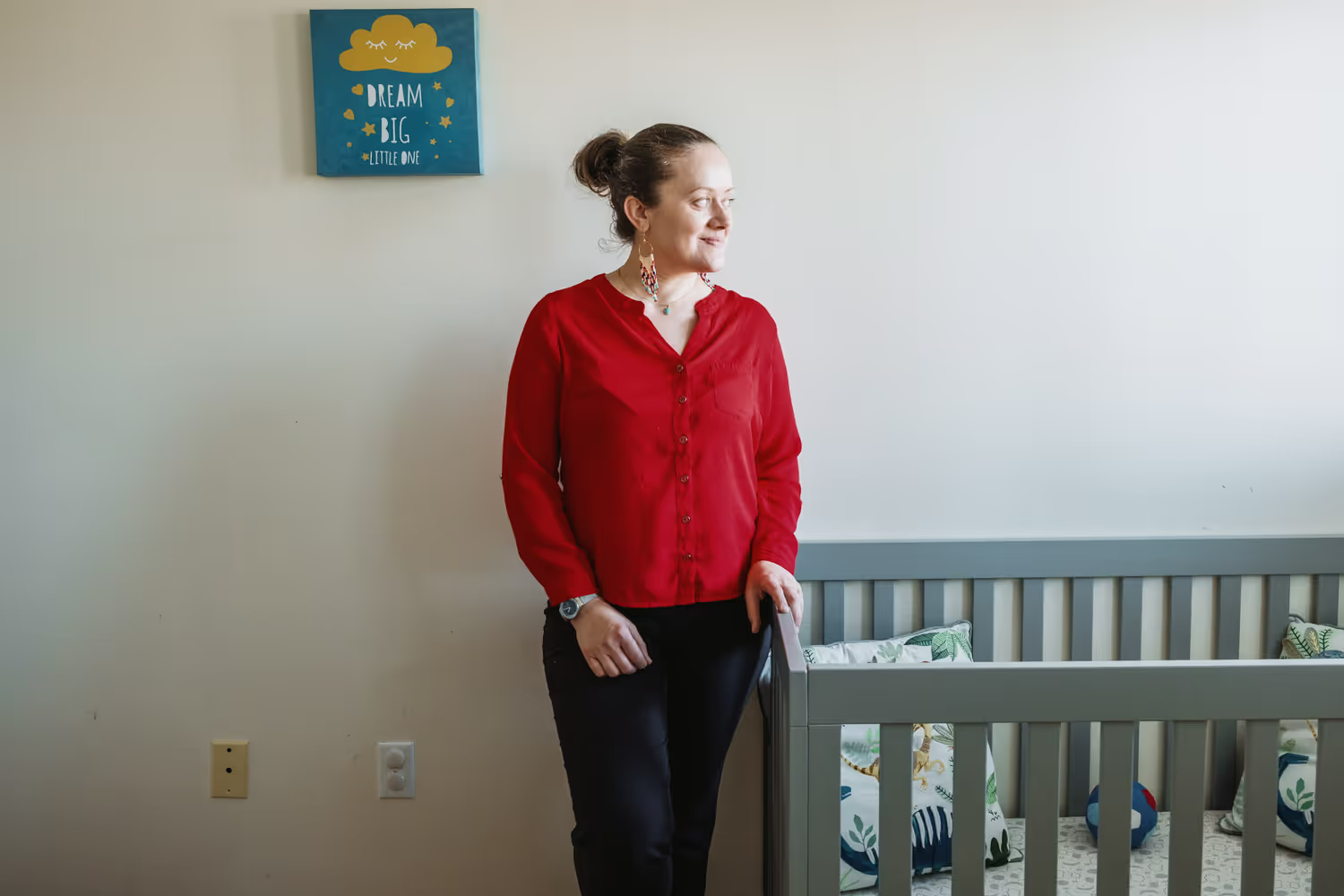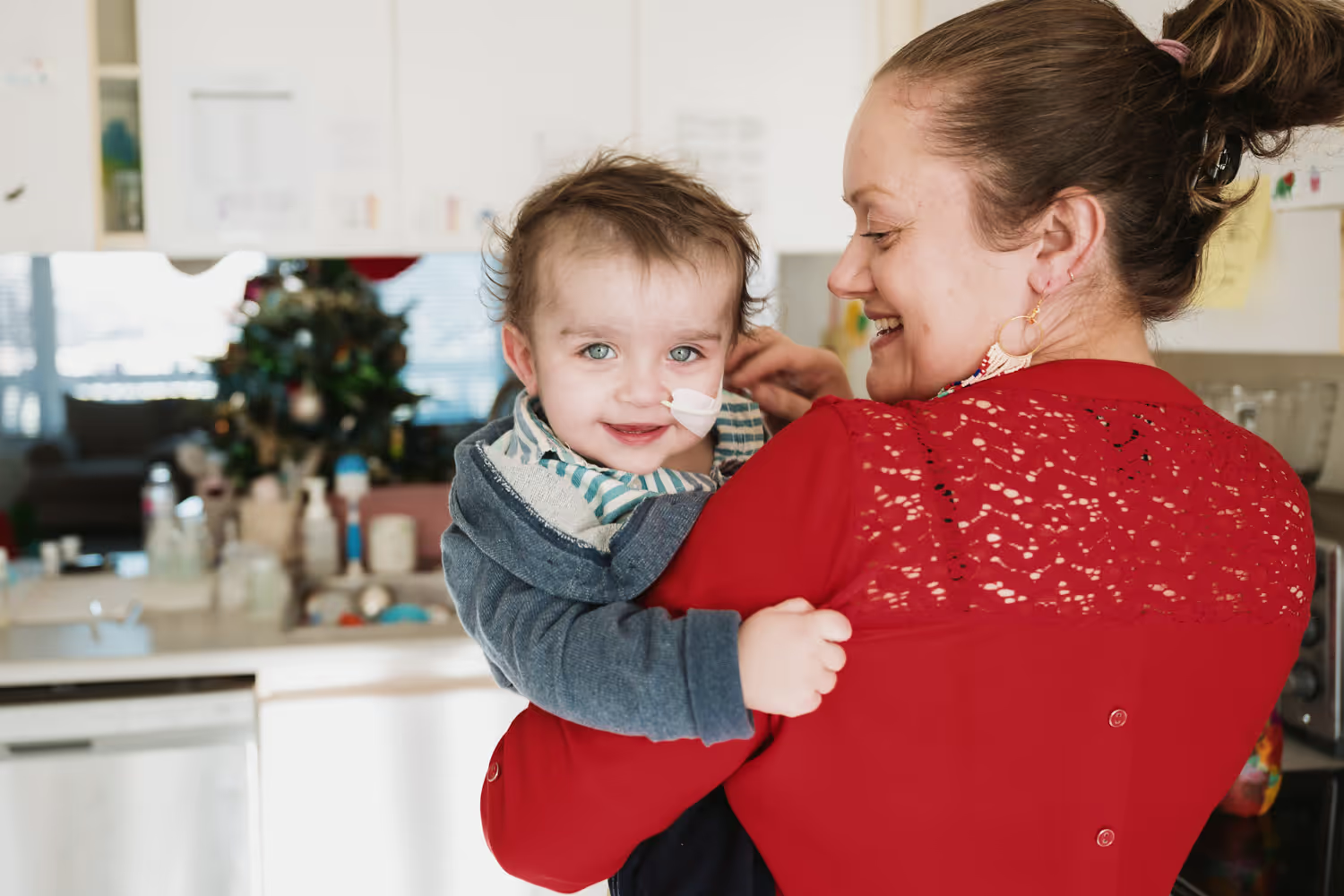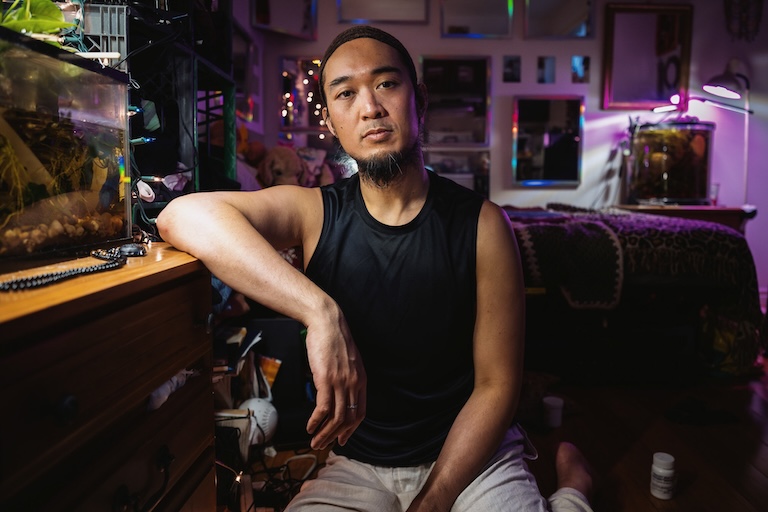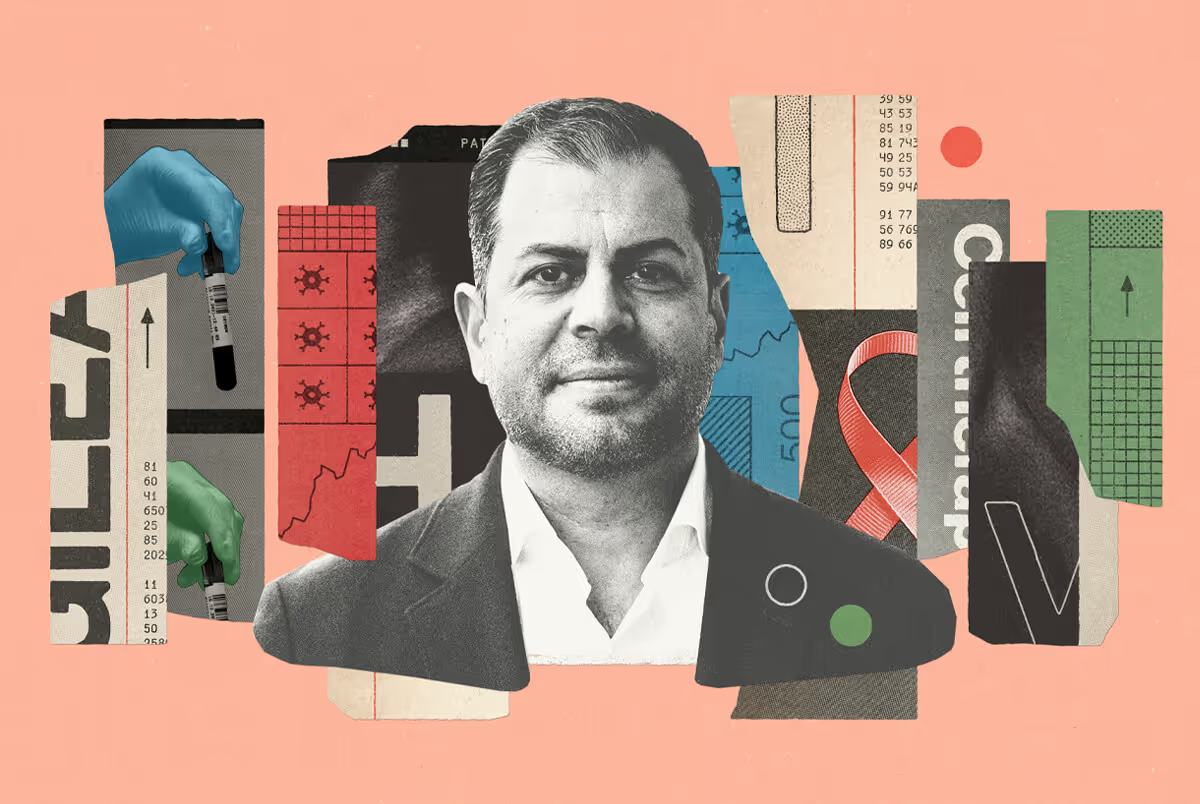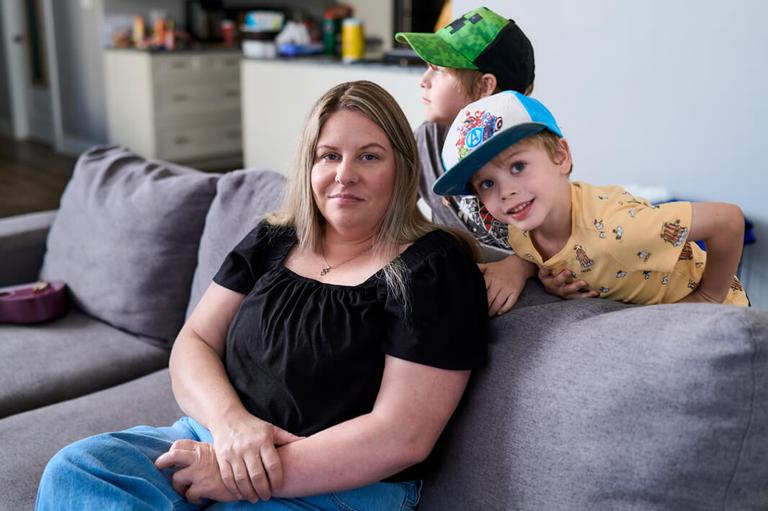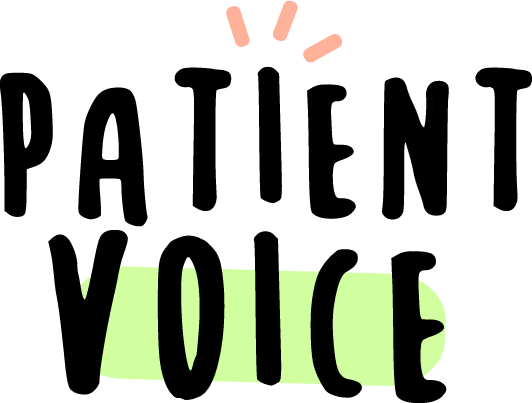“When our son was four days old, he stopped eating. Etan had been born perfectly healthy. He suddenly wasn’t interested in nursing so we knew that something was wrong.
We took Etan to the local ER in Toronto. The pediatrician who attended to our son, trained in rare disorders, misdiagnosed him with sepsis. Without proper treatment, Etan’s health quickly declined and he ended up in an incubator, attached to all these different apparatuses.
After 12 hours in the ER, an ambulance came from SickKids and they took him to the NICU. He was intubated and put on dialysis. He had multiple blood transfusions. It was very traumatic. And we still didn’t have all the answers.
Etan ended up spending the first month of his life in the hospital. He was diagnosed with early-onset ornithine transcarbamylase (OTC) deficiency, a rare genetic condition that impacts protein metabolism, causing a build-up of ammonia. It’s very dangerous and must be treated promptly. A lot of babies with this condition don’t make it. Etan almost didn’t make it.

In the midst of all this trauma, one of the hardest things to accept was that I wouldn’t be able to breastfeed my son. The first doctor we met with told me I shouldn’t bother pumping as my son would never be able to consume breast milk. But I didn’t listen and kept pumping every day.
Every rare disease experience is different. In investigating Etan’s condition further, we were able to identify his specific mutation, which only about 10 people in the world have. Rare within rare. This information has allowed us to make even the toughest decisions about Etan’s care.
Etan is 14 months old now and there’s still a lot of uncertainty, but we have hope. I continue to pump breast milk to nourish my son, perhaps not in the way I had imagined to do this, but I’m very grateful I can make a difference in his diet. Fortunately, with the guidance of Etan’s medical team, we can include some breast milk in his formula.
Whether it’s nutrition or making decisions about his health, I hold on to everything I can to contribute to my son’s care. It helps me feel in control.”
